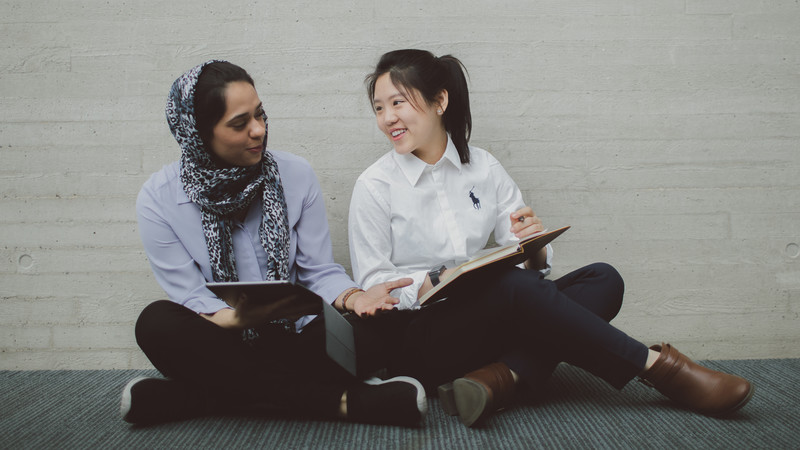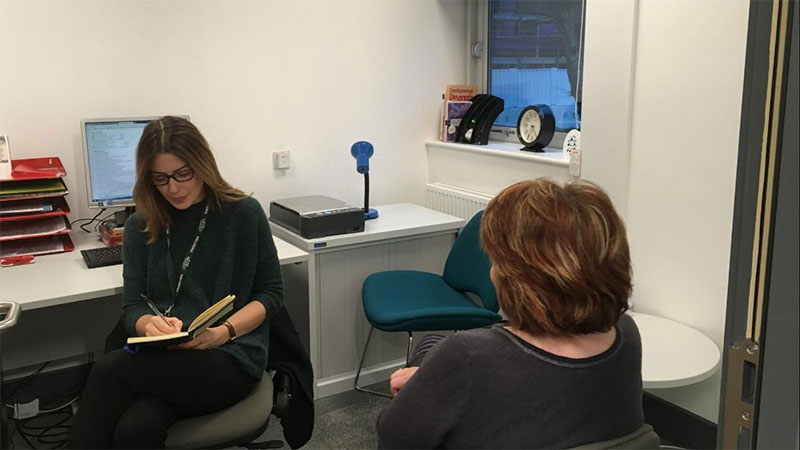If you have dyslexia or a specific learning difficulty and do not have any documents detailing your specific leaning difficulty and guidance on what to put in place (for example extra time in exams), we strongly suggest you have an assessment before you begin university.
Assessment criteria
Following a policy change at the beginning of the 2022/23 academic year we can put an Inclusive Support Plan in place for you based on any documents that you have from a suitably qualified professional. The documents need to either contain information about what was in place for you before or how you are impacted by a specific learning difficulty. If you are a UK student, we strongly advise you to have a full assessment so that you are also eligible for Disabled Students' Allowance. In accordance with government guidelines, the assessment should have been carried out by a chartered Clinical or Educational Psychologist registered with the Health and Care Professionals Council or Specialist Assessor with a current practising certificate, and should contain:
- Detailed information about the tests used, with ceilings, age range, results, conclusions.
- Tests of cognitive ability/processing, general underlying ability and attainment, the results of which indicate dyslexia/SpLD.
- Discussion of the impact of dyslexia/SpLD on the student's performance in higher education.
Assessments must comply with the guidelines set out by the SpLD Assessment Standards Committee.
If you are providing a recent letter from a GP or specialist as evidence of Attention Deficit Disorder (ADD / ADHD), the letter must show how your daily life and studies are affected and explain the effects are long-term. The letter should also include recommendations for support or adjustments for studying at university.



